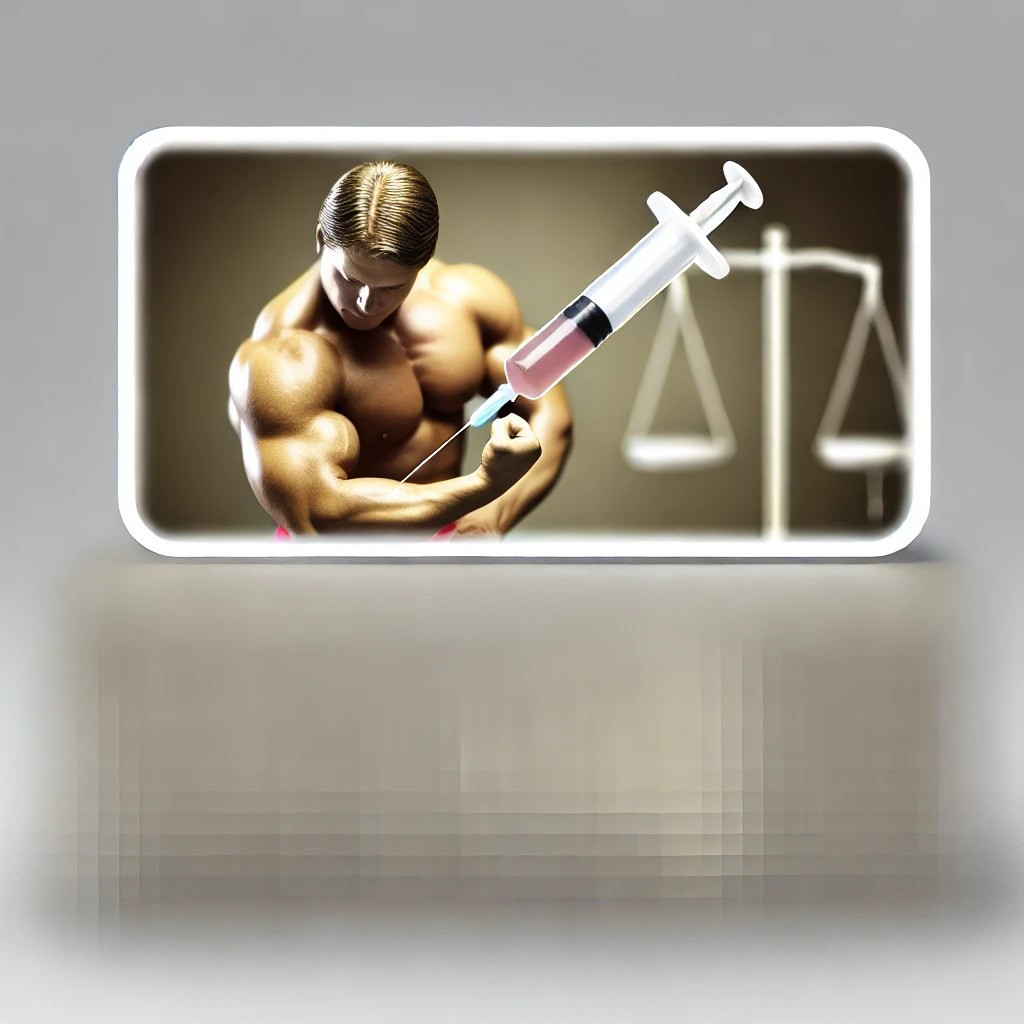Prolactin and Progesterone
Self control mechanisms to avoid Destruction
In today's fast-paced and digitally connected world, controlling our attention has become increasingly challenging. With the constant barrage of notifications, advertisements, and information vying for our focus, it's no wonder many of us struggle to stay on task. From the moment we wake up to the time we go to bed, we are bombarded with stimuli that pull our attention in myriad directions. This onslaught of distractions, coupled with the temptation of multitasking and the allure of instant gratification provided by technology, makes it difficult to maintain sustained focus on any one thing. Moreover, the prevalence of stress and anxiety in modern life further compounds the issue, as these factors can impair cognitive function and diminish our ability to concentrate. As a result, controlling attention has become a formidable challenge, requiring deliberate effort and the adoption of strategies to navigate the complex landscape of distractions and demands on our attention.
Controlling attention and exerting impulse control are essential skills in navigating the modern world. Here are some effective strategies:
Mindfulness Practices: Mindfulness meditation and other mindfulness techniques can help train the brain to focus on the present moment, allowing us to become more aware of our thoughts and impulses. By regularly practicing mindfulness, we can strengthen our ability to direct our attention where we want it to go.
Set Clear Goals and Prioritize Tasks: Clearly define your goals and prioritize tasks based on their importance and urgency. Breaking down larger tasks into smaller, manageable steps can also make them feel less overwhelming and easier to focus on.
Manage Digital Distractions: Limit your exposure to digital distractions by turning off unnecessary notifications, setting specific times to check emails and social media, and using apps or browser extensions that block distracting websites.
Create a Distraction-Free Environment: Designate a specific workspace that is free from distractions and conducive to focus. Minimize clutter, noise, and other potential interruptions to create an environment that supports concentration.
Practice Single-Tasking: Contrary to popular belief, multitasking actually decreases productivity and impairs attention. Instead, focus on one task at a time and give it your full attention until it's completed or you reach a natural stopping point.
Use Time Management Techniques: Techniques such as the Pomodoro Technique, time blocking, and setting time limits for tasks can help improve focus and productivity by breaking work into manageable intervals and providing structured breaks.
Develop Self-Awareness: Pay attention to your habits, triggers, and tendencies when it comes to attention and impulse control. By becoming more self-aware, you can identify patterns of behavior that may be hindering your ability to focus and make changes accordingly.
Practice Delayed Gratification: Train yourself to resist immediate impulses and gratification by practicing delayed gratification. Start with small tasks or rewards and gradually increase the challenge to strengthen your impulse control over time.
Seek Support: If you find it difficult to control your attention or impulses on your own, don't hesitate to seek support from friends, family, or professionals. Working with a therapist or coach can provide personalized strategies and accountability to help you improve your attention and impulse control skills.
Posted in:
Default category














Leave a comment